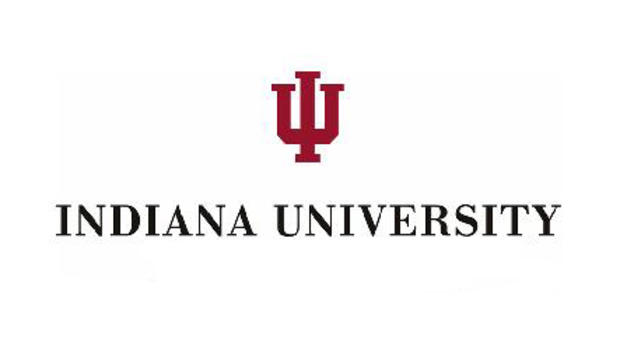Indiana University scientists who use tissue from aborted babies in their research filed a lawsuit challenging a new state law this week.
The new law will help stop the kind of sale of aborted babies and their body parts that Planned Parenthood facilities in other states have been caught arranging. Although Roe v. Wade prohibits states from completely banning abortions, pro-life advocates in Indiana believe the aborted baby ought to at least be treated respectfully even if the abortion clinic treated the baby with disrespect before the abortion.
The new legislation, passed in March, requires that aborted babies’ bodies be cremated or buried. It strengthens a law passed in 2015 and signed by Gov. Mike Pence requiring that aborted babies’ bodies be disposed of in a humane way. State law also prohibits the transfer and sale of aborted baby body parts.
Indiana University researchers argue in their lawsuit that these new measures will jeopardize their research and stifle their academic freedom, the Indy Star reports. The lawsuit claims the effects on scientific research could be “dramatic” and catastrophic.”
However, Mike Fichter, President and CEO of Indiana Right to Life, said researchers have access to multiple alternative tissue sources that do not involve taking the life of an unborn child.
“We believe aborted babies’ bodies should be treated humanely and with respect,” Fichter said in a statement. “Indiana University’s admittance to using parts from aborted babies for their research also raises concerns about whether or not the pregnant women gave their informed consent for their babies’ bodies to be used in research.”
Click here to sign up for pro-life news alerts from LifeNews.com
Here is more from the report:
IU is seeking a preliminary injunction that would prevent the state from enforcing the law.
Dr. Debomoy Lahiri, an IU psychiatry professor and a primary investigator for the research institute, is involved in multiple research projects and educational initiatives, including a federally funded Alzheimer’s disease center, according to the complaint.
Lahiri derives cell cultures from fetal tissues as part of his research. IU also possesses what the complaint refers to as “biologicals,” such as RNA, DNA and proteins, that may have been derived from fetal tissues and have been frozen and stored by the university for several years.
The complaint states that Lahiri is required to share samples with the National Institutes of Health, which funds its research on Alzheimer’s disease, and with other institutions. Not doing so would severely limit Lahiri’s eligibility for federal funding, the complaint states, and the university may have to refund millions of dollars in existing research grants.
Even if Lahiri discontinues his work in Indiana as a result of HEA 1337, he’s still at risk of facing a felony for transferring his research to another institution, according to the complaint. HEA 1337, the university further argues, could deter other scientists from coming to the research institute.
Dr. David Prentice, Vice President and Research Director for the Charlotte Lozier Institute, said the Indiana University lawsuit does not contain any proof that aborted babies’ body parts are necessary for scientific research.
“Their complaint makes vague statements about the need for the research, as well as the oft-cited but unproven claim that they will not be able to hire research faculty if the prohibition remains in effect,” Prentice said. “However, their claims lack any substantive proofs that the research use of aborted fetal tissue is critical or unique.”
A number of scientific researchers also have publicly stated that aborted babies’ body parts are not essential to medical advancements.
In an op-ed in the Milwaukee Wisconsin Journal Sentinel last September, six doctors explained why using fetal “tissue” for research is unethical and unnecessary for scientists.
“The argument that fetal-derived tissues must be used in research to develop medical treatments is false,” they wrote. “Many therapies have been developed using cell lines not of fetal origin, including insulin for diabetes (produced in bacteria), Herceptin for breast cancer and tissue plasminogen activator for heart attack, stroke and pulmonary embolism (both developed in Chinese hamster ovary cells).”
The Indiana law also is facing a challenge from Planned Parenthood. In April, the abortion business filed a lawsuit against the new law, which also bans abortions solely because of an unborn baby’s genetic disability, race or sex, LifeNews reported.








